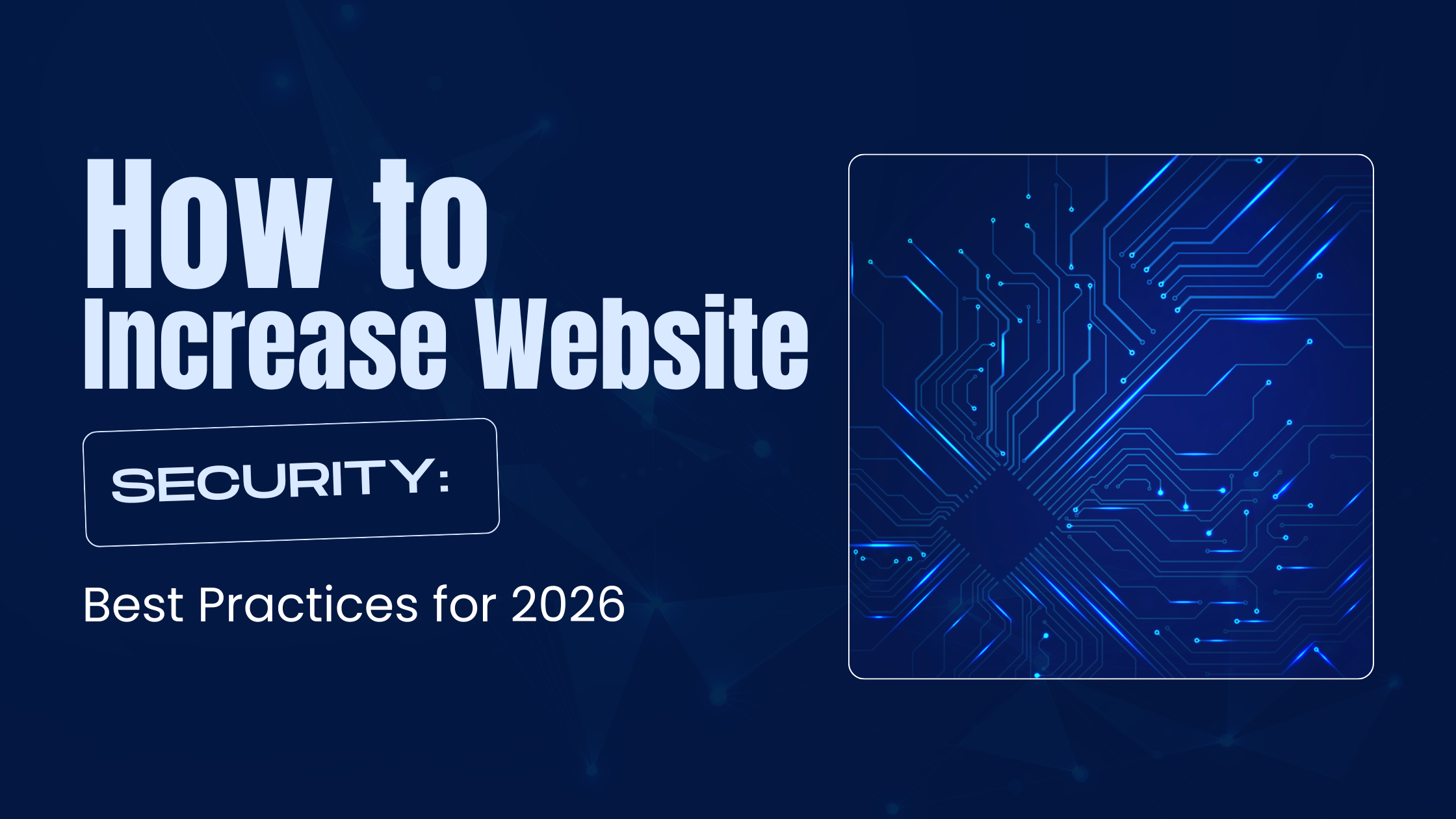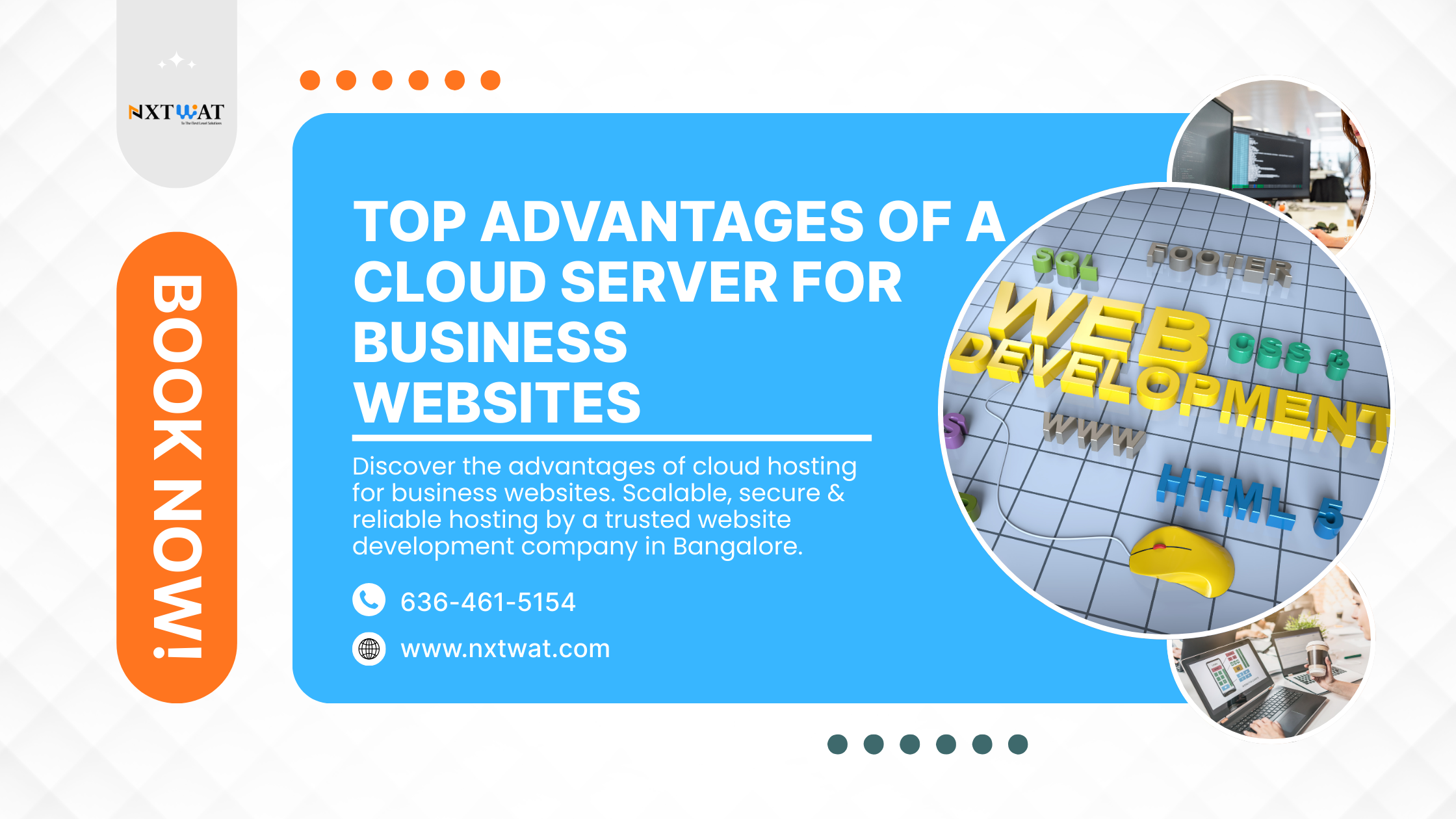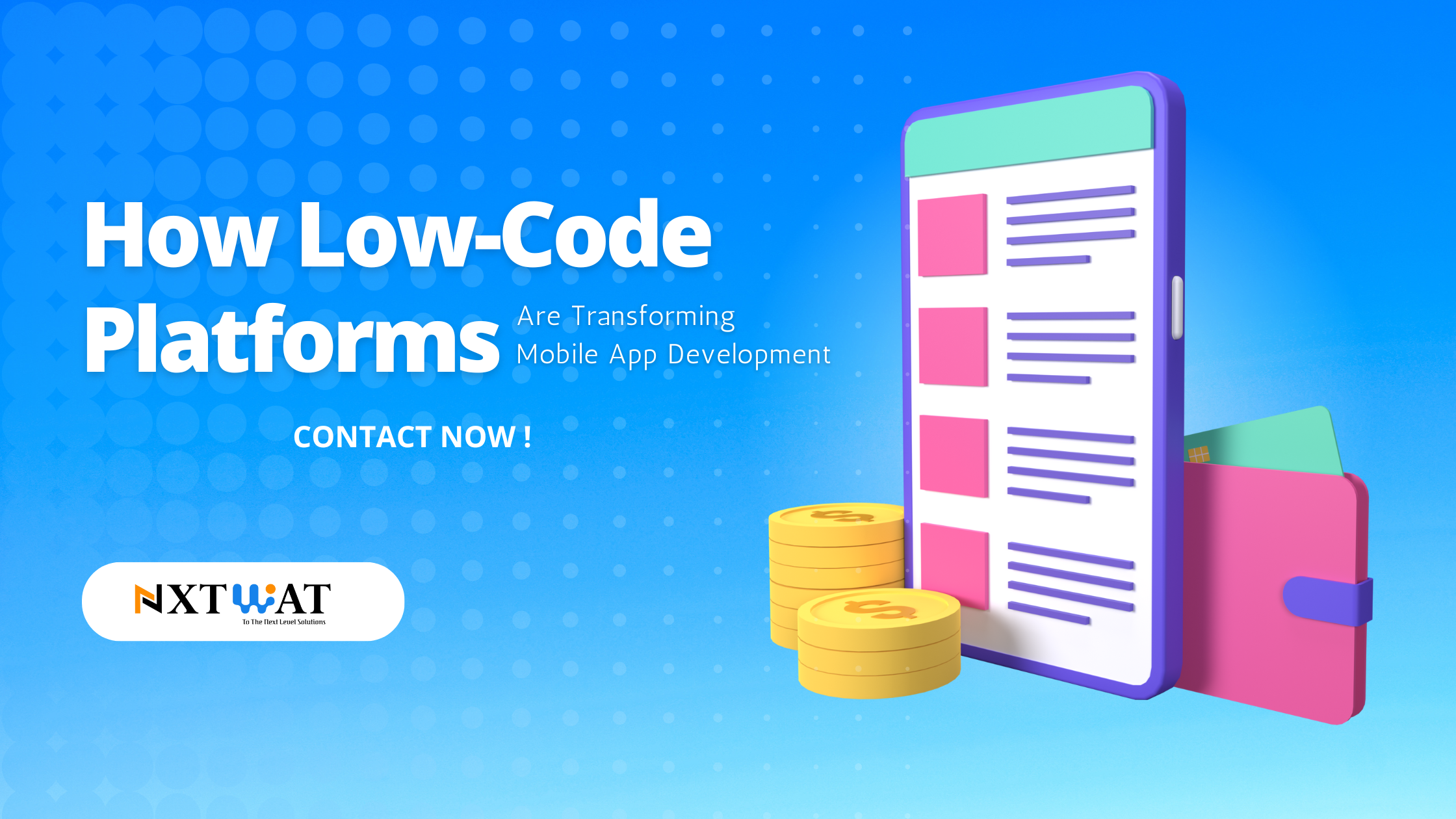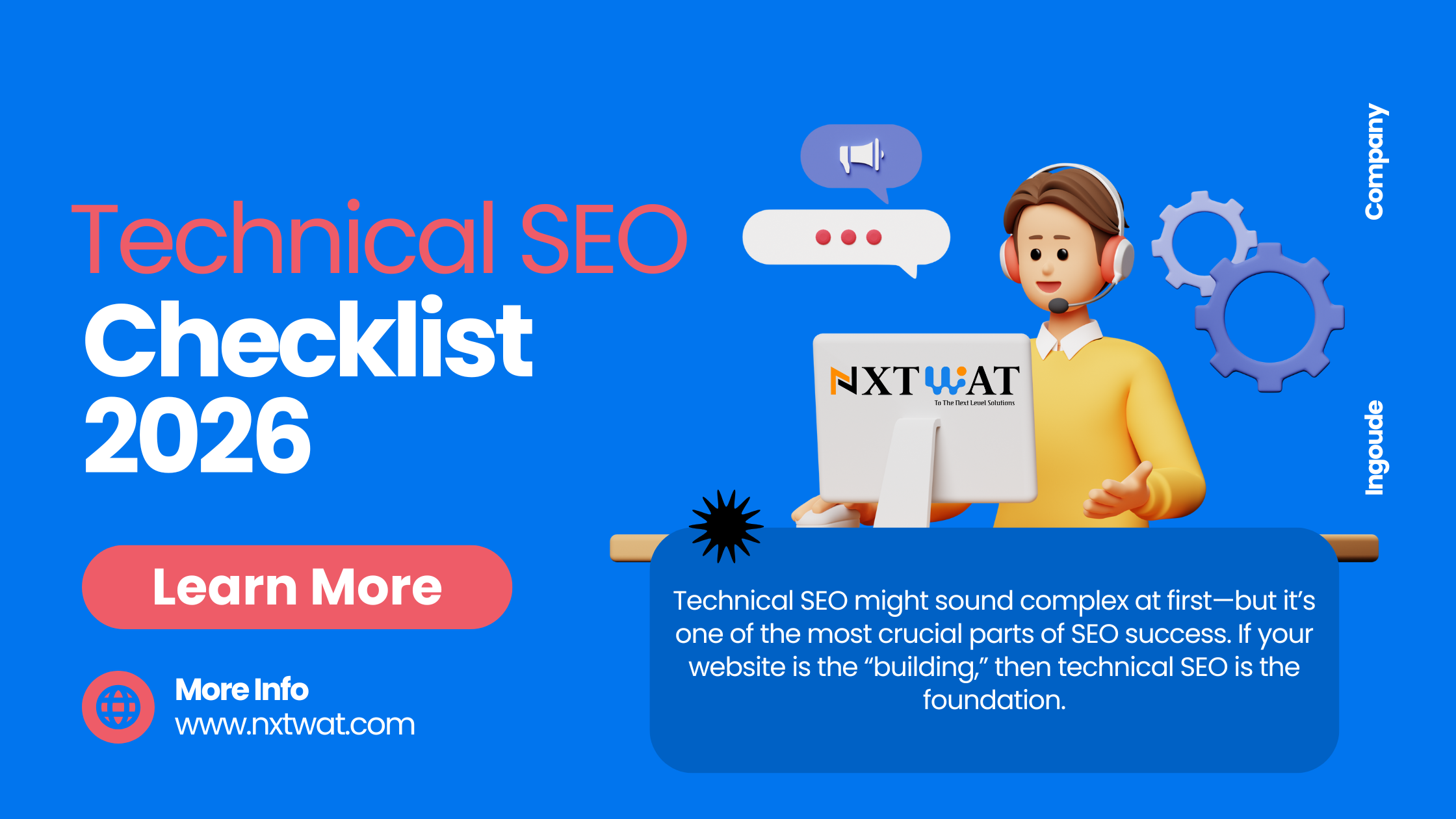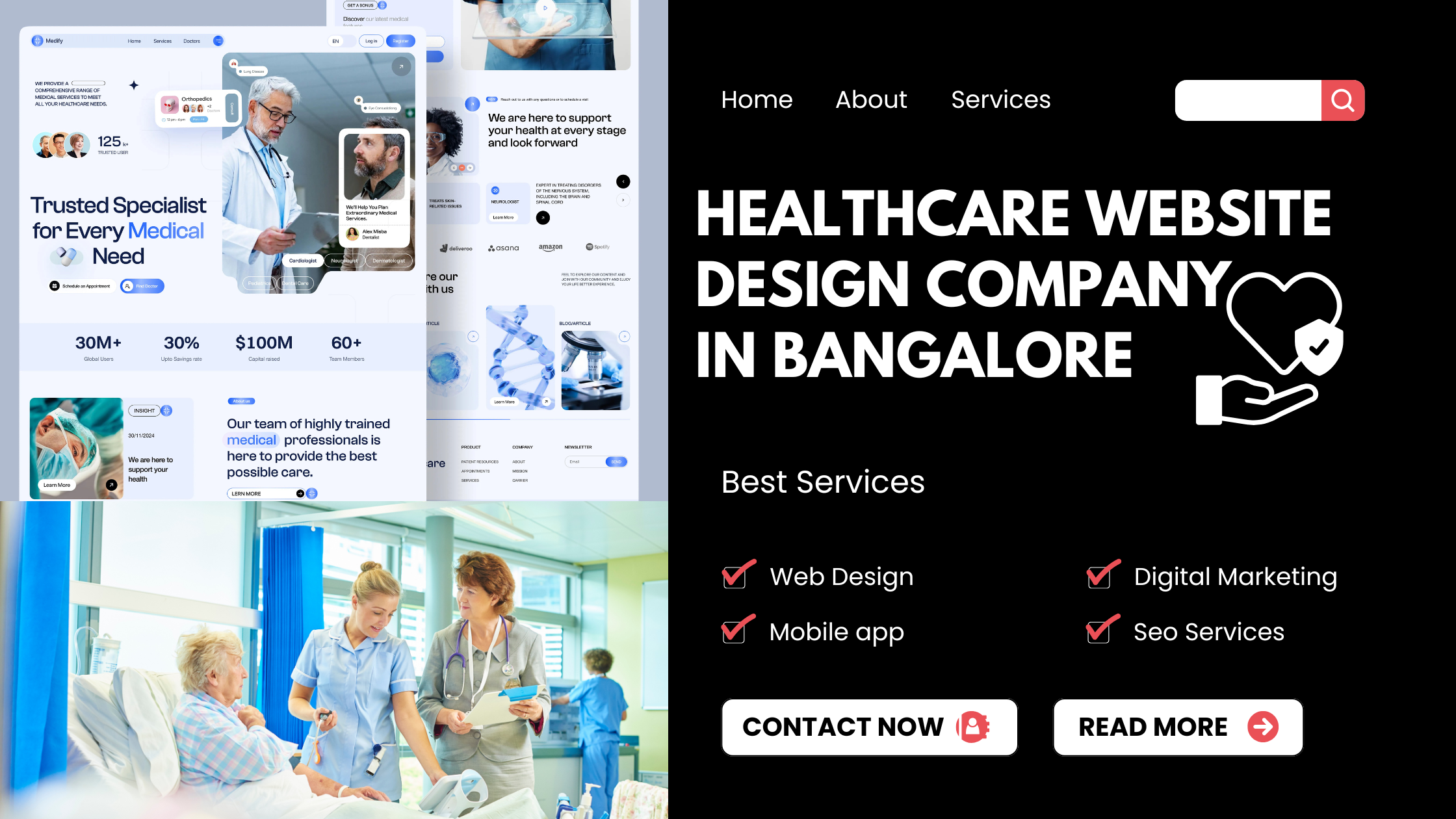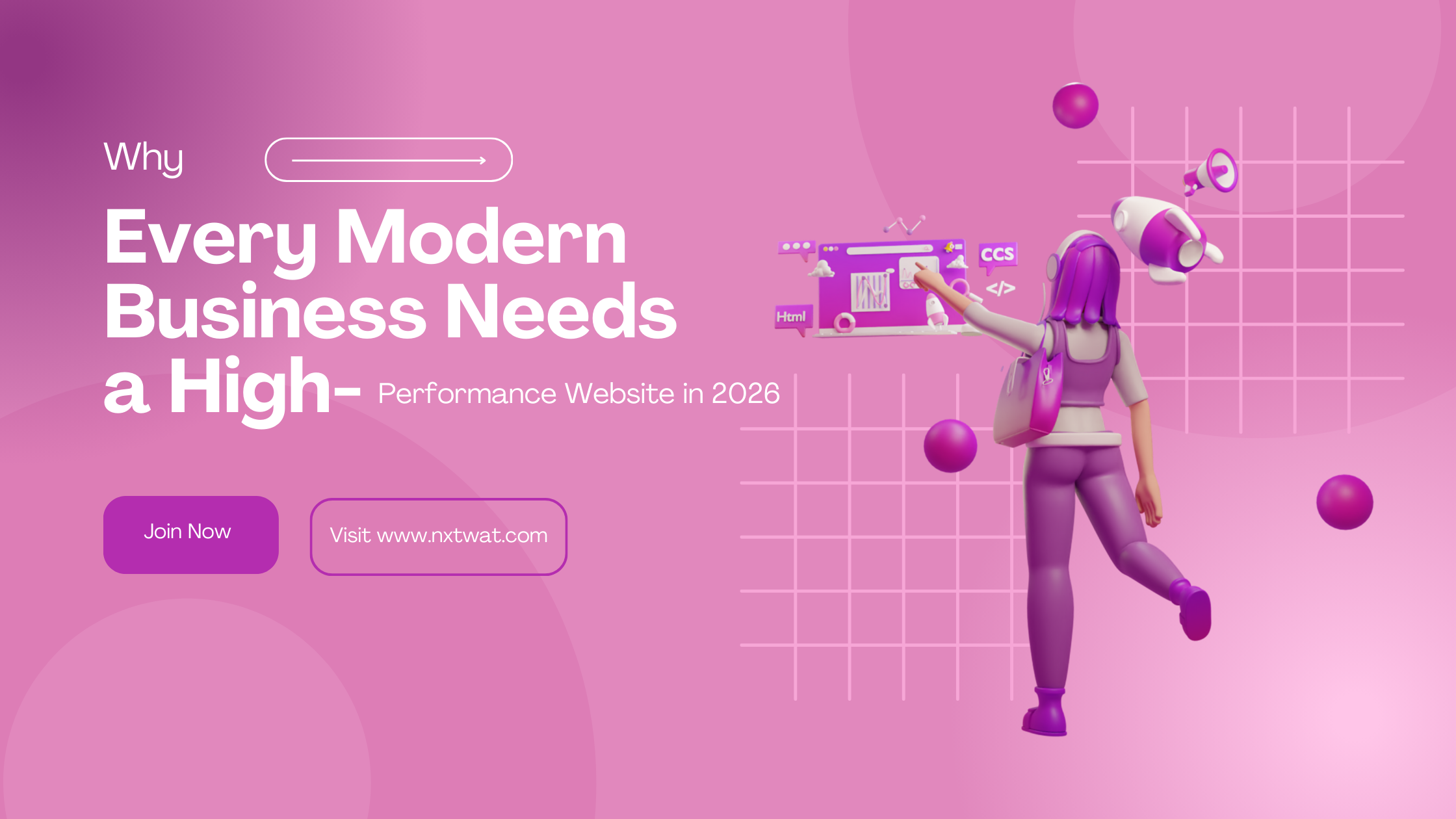Search Engine Optimization (SEO) is no longer just about keywords and backlinks. As digital technologies evolve, SEO is transforming at a rapid pace — shaped by AI, voice search, user behavior, multimedia content, and search engine algorithms that are smarter than ever.
For businesses, marketers, and website owners, understanding the future of SEO is crucial to stay competitive and visible. But with these advancements come both opportunities and challenges.
Here’s a complete breakdown of the pros and cons of the future of SEO in the evolving digital era.
The Future of SEO: Key Trends Shaping the Industry
Before diving into pros and cons, it’s important to understand what’s driving the change:
- AI-powered search engines (Google SGE, AI Overviews)
- Voice search and virtual assistants
- Shift toward user intent and experience
- Rise of short-form video content
- Increasing focus on E-E-A-T (Experience, Expertise, Authoritativeness, Trustworthiness)
- Hyper-personalized search results
- Zero-click searches
- Local and mobile-first indexing
These trends show that SEO is becoming more complex — but also more powerful.
Pros of the Evolving Future of SEO
1. More Accurate and Intent-Based Search Results
With AI and machine learning, search engines better understand user intent.
This means businesses that create high-quality, helpful content will rank better — even with fewer keywords.
2. Improved User Experience (UX) Becomes a Ranking Strength
The future of SEO rewards websites that offer:
- Fast loading speed
- Clear navigation
- Mobile responsiveness
- Engaging content
This leads to higher conversions and greater customer satisfaction.
3. Voice Search Will Bring New Opportunities
As more users adopt Siri, Alexa, and Google Assistant, voice search opens doors for:
- Conversational content
- Local search optimization
- FAQ-driven strategies
Businesses that optimize early will stay ahead.
4. AI Tools Help Create Better, Data-Driven Strategies
AI doesn’t replace SEO — it enhances it.
Tools offer insights on:
- User behavior
- Content gaps
- Competitor performance
- Predictive keyword trends
This allows for smarter, faster decision-making.
5. Local SEO Growth Will Benefit Small Businesses
Mobile-first indexing and location-based searches make it easier for local businesses to attract customers through:
- Google Business Profile
- Map packs
- Hyperlocal content
- Local backlinks
Cons of the Evolving Future of SEO
1. Greater Competition and Higher Standards
As search engines prioritize quality and authority, ranking becomes more difficult, especially for new websites or low-budget businesses.
2. Rising Zero-Click Searches Reduce Traffic
Features like:
- AI Overviews
- Featured snippets
- Knowledge panels
- Map results
answer users’ questions without them clicking any website, reducing organic traffic for many industries.
3. SEO Is Becoming More Complex
Future SEO requires knowledge of:
- AI integration
- UX
- Data analytics
- Technical SEO
- Voice and video optimization
Businesses may need skilled teams or agencies to stay competitive.
4. AI-Generated Content Risks Penalization
While AI helps create content, low-quality or non-original AI text can trigger Google penalties.
Quality control is now more important than ever.
5. Constant Algorithm Changes Require Continuous Effort
Google updates frequently disrupt rankings.
Businesses must continuously optimize and adapt — making SEO an ongoing investment, not a one-time task.
How Businesses Can Prepare for the Future of SEO
To adapt successfully, companies should:
- Focus on user-first content, not keyword stuffing
- Prioritize technical SEO and page speed
- Build strong E-E-A-T signals
- Leverage video content and visuals
- Optimize for voice search
- Maintain a consistent content strategy
- Enhance local presence
SEO success will belong to brands that consistently provide value, relevance, and trust.
Conclusion
The future of SEO is both exciting and challenging.
With AI-driven search, evolving user behavior, and personalized results, SEO is becoming smarter — but also more competitive.
Businesses that invest in high-quality content, strong technical SEO, and user experience will thrive in this new era.
Those who ignore these changes risk falling behind.
FAQs: The Future of SEO
1. What is the future of SEO?
The future of SEO is driven by AI, voice search, user intent, personalized search results, and stronger focus on content quality and user experience. Search engines are becoming smarter, rewarding websites that offer genuine value.
2. Will AI replace SEO?
No. AI will transform SEO, not replace it. AI helps with data analysis, keyword insights, content ideas, and automation, but human strategy, creativity, and expertise are still essential for high-quality SEO.
3. How will voice search impact SEO?
Voice search will encourage more conversational content, long-tail keywords, and question-based queries. Businesses optimized for local and mobile searches will benefit the most.
4. What are the biggest challenges for future SEO?
Key challenges include:
- Complex algorithm updates
- Zero-click searches reducing website traffic
- Increasing competition
- Quality control for AI-generated content
- Higher expectations for user experience and website performance
5. How can businesses prepare for SEO changes?
Businesses should focus on:
- High-value content
- Improving site speed
- Mobile-first optimization
- Building authority (E-E-A-T)
- Local SEO
- Video and multimedia optimization
- Staying updated with algorithm changes
6. Will SEO still be relevant in the next 5–10 years?
Yes. As long as people search online, SEO will remain essential. However, strategies will evolve — requiring better content, stronger UX, and smarter use of technology.
7. How does AI affect search engine rankings?
AI helps search engines understand intent, context, and quality. Websites with trustworthy, original, user-friendly content will rank higher, while low-quality or spammy AI content may face penalties.
8. What role does E-E-A-T play in the future of SEO?
E-E-A-T (Experience, Expertise, Authoritativeness, Trustworthiness) is becoming more crucial. Google wants content from reliable, credible sources — especially in finance, health, and professional industries.
9. Are zero-click searches bad for SEO?
Zero-click results can reduce traffic, but they also boost brand visibility. Optimizing for featured snippets and structured data can help businesses stay competitive.
10. What skills will SEO professionals need in the future?
Future SEO requires:
- Content strategy
- Technical SEO
- UX/UI understanding
- Data analytics
- AI tool usage
- Multimedia optimization

